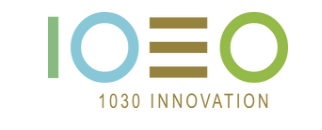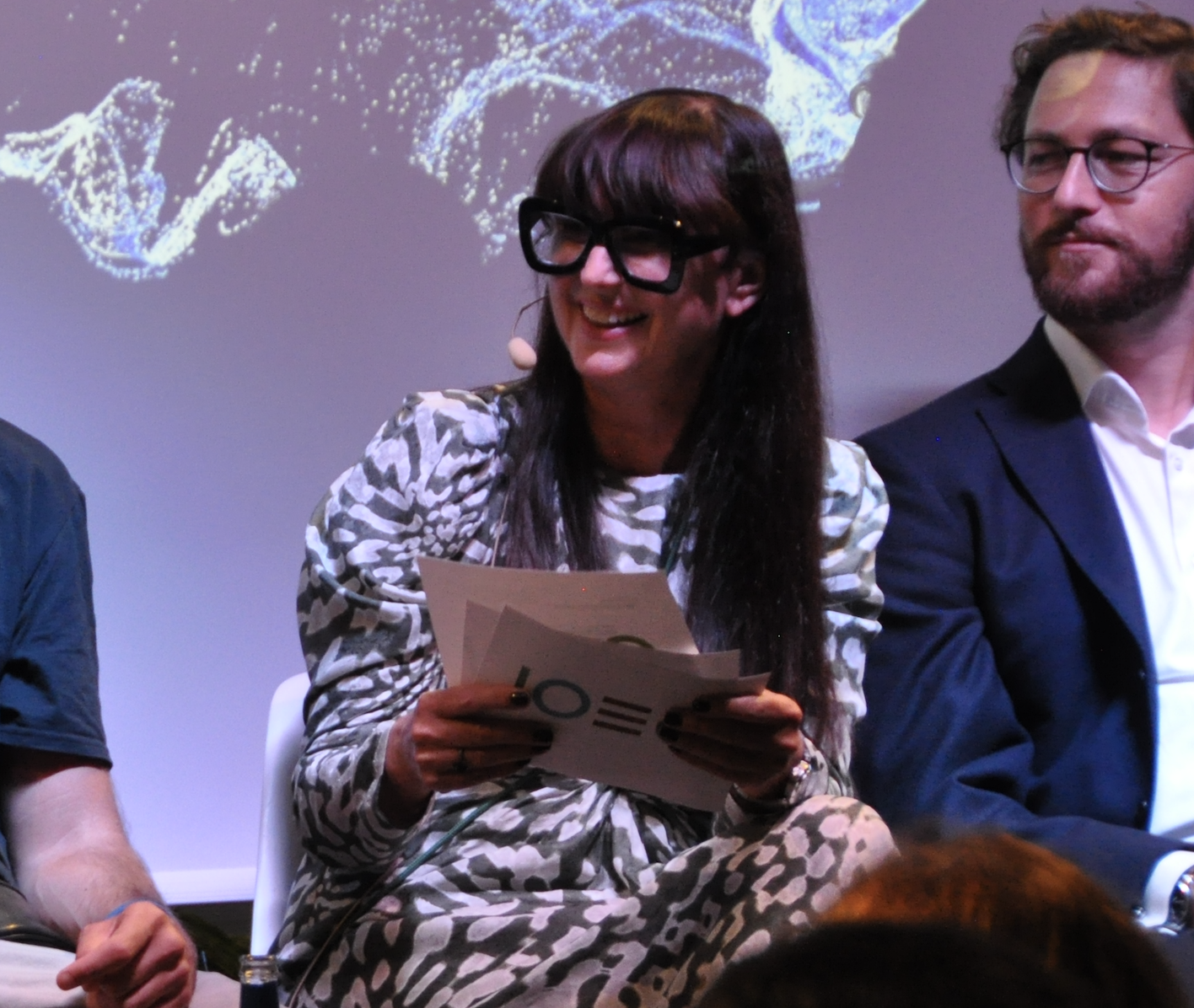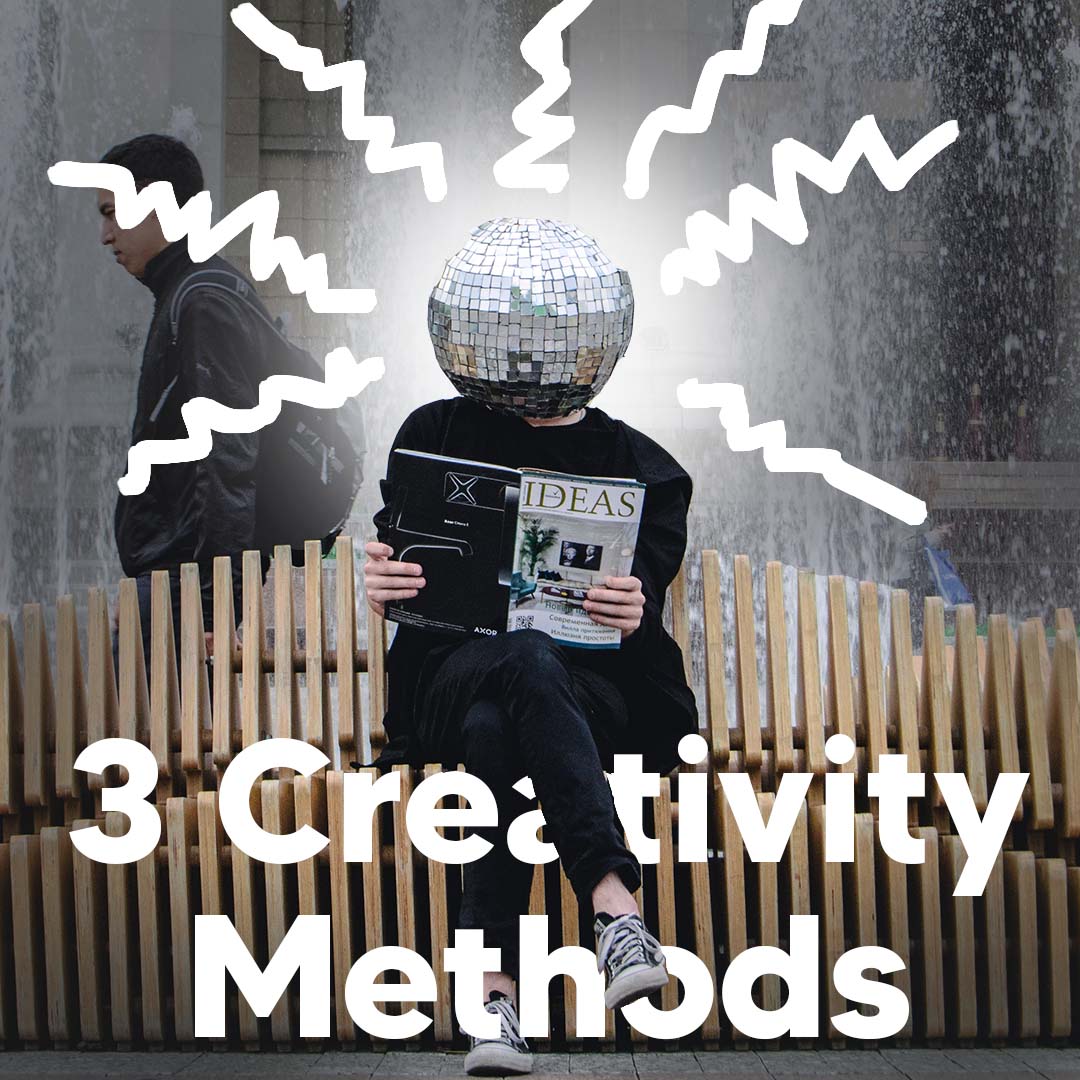“Fail early, fail often, fail forward!” – is the motto of many companies in Silicon Valley, America’s hotspot for innovation. This credo is widespread in the U.S. but the associated failure culture meets with resistance here in Central Europe. For Austrian companies, mistakes and failures are undesirable while safety and risk minimization are the be-all and end-all. Innovation? Yes, please! But to take a risk and allow mistakes? Not with us.
This attitude makes many companies in the DACH region very slow and hinders the innovation process. While they are still doing market research for months, competitors are already on the market testing their products in the field. While some try to design the perfect product and eliminate all shortcomings in advance, others simply try it out and learn along the way.
What we can learn from our children.
As children, we were masters at making mistakes. Every day was exciting and thrilling, because we were constantly faced with a new challenge. As a toddler we learn to walk, in kindergarten we ride a bike for the first time. In the process, we constantly make mistakes, fall down and get back up again, because we know: Making mistakes is a necessary step to mature and grow. We do not judge our mistakes, but learn from them in a playful way. This ultimately leads to success.
Making mistakes and learning from them is normal for children. But our positive attitude towards mistakes changes as soon as we start school. Suddenly, our performance is evaluated and mistakes are frowned upon. Those who don’t complete their assignments strictly according to the curriculum often get a bad grade and are punished for their misstep. As we get older, we no longer see mistakes as exciting opportunities for improvement, but as depressing evidence of our incompetence.

Mistakes at work are not allowed
The logical reaction to this is to suppress, avoid and cover up mistakes. Unfortunately, we also see this behavior in some companies with a poor failure culture. Many employees no longer take risks out of the fear of failure. If they do make a mistake, it is suppressed as much as possible. Employees keep quiet about their misstep instead of sharing their learnings from the situation with their colleagues. They should rather see their mistake as what it is: an opportunity to grow and to take away important learnings for future projects.
Management consultant and speaker Simon Sinek sums it up:
“We want to avoid failure. Failure is catastrophic and it should be avoided. But falling, I think we should encourage. […] When a kid falls off a bicycle we didn`t tell them they failed. We tell them they fell. And what do we tell them? Get back up and try again.”
“I think we should fall and fall often and I would judge the quality of innovation not necessarily by if you fell but how quickly you can pick yourself back up and try again.”
Mistakes don`t equal catastrophic failure
On the path to innovative solutions, you will inevitably make mistakes. That’s okay. As long as you as a company make the right mistakes and know how to deal with them. But what are the “right mistakes” and which ones should you avoid making under any circumstances?
Good mistakes happen only once and are often made out of uncertainty. They serve to explore and try out new things are an inevitable part of an innovation process. You can learn from good mistakes. And you have to. Because every failure provides new insights that can move the company forward. Making mistakes is fine, making the same mistake twice is unacceptable.
Bad mistakes are avoidable mistakes. Repeating a mistake when you actually know better is highly unproductive. Bad mistakes also include rash and careless decisions. These could be decisions made by employees who do not want to admit their insufficient competence in a specific case. Instead of asking for help, they prefer to make a half-hearted, hasty decision.
From failure culture to learning culture
There is one more thing we need to clarify: A “Failure Culture” is not meant to glorify mistakes. It is not about blindly admitting every mistake, but about learning from the ones made with both eyes opened. Making Mistakes alone doesn`t do you any favour, but the process can help you to achieve your goals. They are necessary hurdles on the way to innovative solutions and products.
Companies must find ways to encourage their teams to work exploratively and give them the security of being allowed to fail. Experiment more often instead of insisting on tough, long-winded decision-making processes. This creates new innovative ideas and concepts. Afterwards, evaluation is very important. What can we learn from our failures? Why did product A become successful and product B a complete disaster? How can we use the experience from both projects in other areas of our company?

Share responsibility, reward behavior
To improve your company’s learning culture, you as leaders must stand behind the decisions your teams make. Responsibility for the success of a project, as well as for mistakes along the way, is shared equally by managers and employees. Your employees must be certain that they will not be left behind in case their ideas fail. Only through this security do they dare to think around corners instead of focusing on minimizing risk.
Another aspect that managers should think about is the recognition and appreciation of (failed) projects. Often, only the successful concepts and ideas are praised – the very products that generate sales. Failed ideas usually go empty-handed, even though they have also made an immeasurable contribution to the success of the company. The insights gained from these mistakes are incorporated into new products and support other areas of the company. Wise managers are aware of this fact and appreciate the process of idea development itself. Regardless of its outcome.
Celebrate your biggest learnings. This could be in the form of a Fuck-up Friday, for example. Some large Tech companies are already living this concept: Teams celebrate the 10 best, i.e. most instructive, mistakes every week.
Conclusion
“Fail early, fail often, fail forward” is a motto that is still not very well established in European companies. But to drive innovation and foster new ideas, a healthy failure culture is essential. We need to see our mistakes for what they are: an opportunity to grow and gain important insights. Making Mistakes alone doesn`t do you any favour, but the process can help you to achieve your goals. They are meaningless if we don’t learn from them.
To establish a positive learning culture, it helps to trust your employees and share the responsibility for any mistakes. Reward exploratory work and not just the outcome.
As a management consultancy, we know the conflict between minimizing risk on the one hand and the drive for innovation and progress on the other. Many entrepreneurs shy away from explorative work and a vital learning culture because they fear a drop in sales.
As a consulting agency specialized in innovative solutions we have helped dozens of clients to overcome that fear. In our opinion, it is necessary to take some risks as innovation is no guarantee against failure, but without innovation failure is guaranteed.




